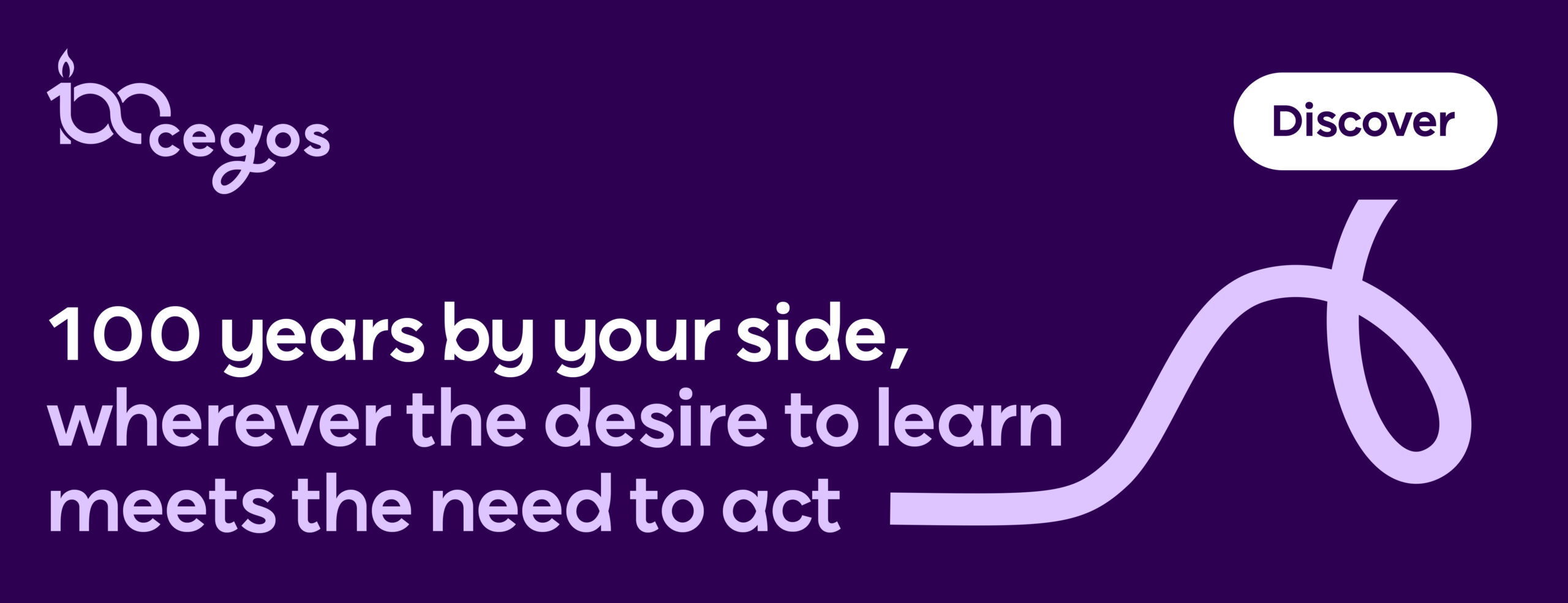

There is growing awareness of the challenges of diversity and inclusion. The intentions are commendable, the rhetoric proactive. But taking action requires commitment from everyone. Within this framework, managers have a central role to play. They transform ambition into operational reality.
This article explores how managers can go beyond good intentions to have a real and lasting impact on inclusion.
Mag summary
- Managers are equipped, but struggle to take full inclusive action
- Raising awareness among managers: an essential starting point
- A keen eye: overcoming the pitfalls of perception bias in inclusive behaviour
- Becoming an ally: the real commitment of an inclusive manager
- Managerial soft skills to promote inclusion
- Inclusion: a managerial reality within reach
Managers are equipped, but struggle to take full inclusive action
Every manager faces discrimination at some point, whether as a witness, victim, or even an involuntary participant.
Managers feel confident about the subject. In fact, 86% of them say they feel supported by their organisation. They say they are equipped to handle sensitive situations related to diversity (Cegos ‘Barometer: Diversity and Inclusion in Organisations’, September 2025). They have been made aware of the issues and trained. They have access to internal resources.
However, less than one in two managers (42%) are perceived by employees as a strong ally when issues arise. This may be because discrimination is becoming less and less overt in the workplace. There are many cases, but they are difficult to identify.
Isabelle Drouet de la Thibauderie, HR Offer and Expertise Manager at Cegos, confirms this: "Organisations will have to tackle more diffuse forms of discrimination, such as those related to social status, place of residence or health status. These are set to increase significantly in 2025."
It's clear that just knowing about it isn't enough. We need to take action to make a real difference, which means taking a stand in the workplace. Isabelle Drouet de la Thibauderie really emphasises this point. "You can't just decide to be an inclusive manager. Beyond tools, it is about actively developing visible attitudes and behaviours that inspire confidence and embody a culture of inclusion on a daily basis."
Raising awareness among managers: an essential starting point
To turn intention into impact, managers must first understand. Raising awareness is the first step. But to be effective, it must be sufficiently focused.
Above all, managers must fully grasp the challenges and benefits of inclusion. An inclusive team is more creative, more engaged and more resilient. It is a source of innovation and performance.
Managers must also identify the risks. Non-inclusion can lead to frustration, conflict and turnover. The organisation's image can be tarnished.
Furthermore, the legal framework is strict on these issues. Knowledge of legal obligations is a prerequisite for managers.
A manager who is aware of these issues acts with greater determination. They understand that inclusion is both a necessity and an opportunity.

A keen eye: overcoming the pitfalls of perception bias in inclusive behaviour
Cognitive biases influence us on a daily basis, often without our knowledge. A manager may unintentionally favour certain profiles or underestimate other talents. Biases can affect recruitment, performance evaluations and promotions.
Let's look at a concrete example: a manager is recruiting a project manager to lead an innovative initiative. This manager could succumb to similarity bias. They may potentially select a candidate who resembles them (same career path, same school), overlooking someone with unique skills and ideal experience. This preference for the familiar can stifle creativity and deprive the organisation of valuable input.
Training managers on biases is a minimum requirement. Surprisingly, this is not yet widespread in organisations. Only 59% of managers are trained on the impact of perception biases on their behaviour (Cegos ‘Barometer: Diversity and inclusion in organisations’).
Furthermore, training alone is not enough for such a complex subject. Regular practice is necessary. Discussion groups, coaching, role-playing and feedback promote awareness and reinforce best practices. This enables managers to move beyond a bias-based approach and, more generally, to develop their critical thinking skills.
Isabelle Drouet de la Thibauderie warns: "Managers must deconstruct their own representations. This is an ongoing task that is essential to the development of truly inclusive management".
Becoming an ally: the real commitment of an inclusive manager
Awareness and skills are key. But an inclusive manager goes further. They position themselves as an active ally of diversity.
An ally is someone who can take action to support underrepresented groups. They aim for greater fairness, inclusion, and justice for everyone. Of course, it's not a status or a role. But managers must be the first allies. They are well placed to defend the rights of all, promote equal opportunities and speak out against discrimination.
An ally manager is capable of creating opportunities for everyone. They build an environment where no one feels alone in the face of injustice.
Catherine Jacquet, Director of Bespoke Projects at Cegos, sums it up well: "Being an inclusive manager is not just about not discriminating. It's about taking concrete action to make everyone feel valued. It's a daily attitude, a visible commitment."
By embodying this commitment, managers set an example for their teams. In this way, they become true agents of change.
Managerial soft skills to promote inclusion
In addition, soft skills are effective accelerators of inclusion. They enable managers to create an environment where everyone feels at home.
The Cegos Barometer identifies the skills that managers should develop to promote inclusion. Employees and HR professionals agree on the top five:
- 1- Listening is fundamental. An inclusive manager listens without judgement. They understand everyone's needs and concerns.
- 2- Empathy allows you to put yourself in someone else's shoes. It helps you to perceive what is left unsaid. It encourages appropriate and caring responses.
- 3&4- Tolerance and openness to others are essential. Managers must accept differences. They must see them as an asset to the team. They encourage free expression.
- 5- Emotional intelligence helps managers manage their own emotions. It also enables them to understand those of their employees. This skill helps maintain a calm atmosphere within the team. It is essential when dealing with delicate situations.
These soft skills cannot be improvised; they must be developed. Inclusive leadership training courses offer concrete methods for acquiring them.
Inclusion: a managerial reality within reach
As Catherine Jacquet perfectly sums up: "The challenge for organisations is to establish the management and promotion of inclusion and diversity as a managerial standard."
Transforming managers into champions of inclusion is a journey. It requires learning and practice. But it is an achievable goal. Organisations that invest in this approach will reap the benefits. They will strengthen cohesion and improve their performance. Above all, they will build a fairer and more humane working environment for everyone.
This article was first published by Cegos France under the title : "Managers inclusifs : comment dépasser les bonnes intentions"










